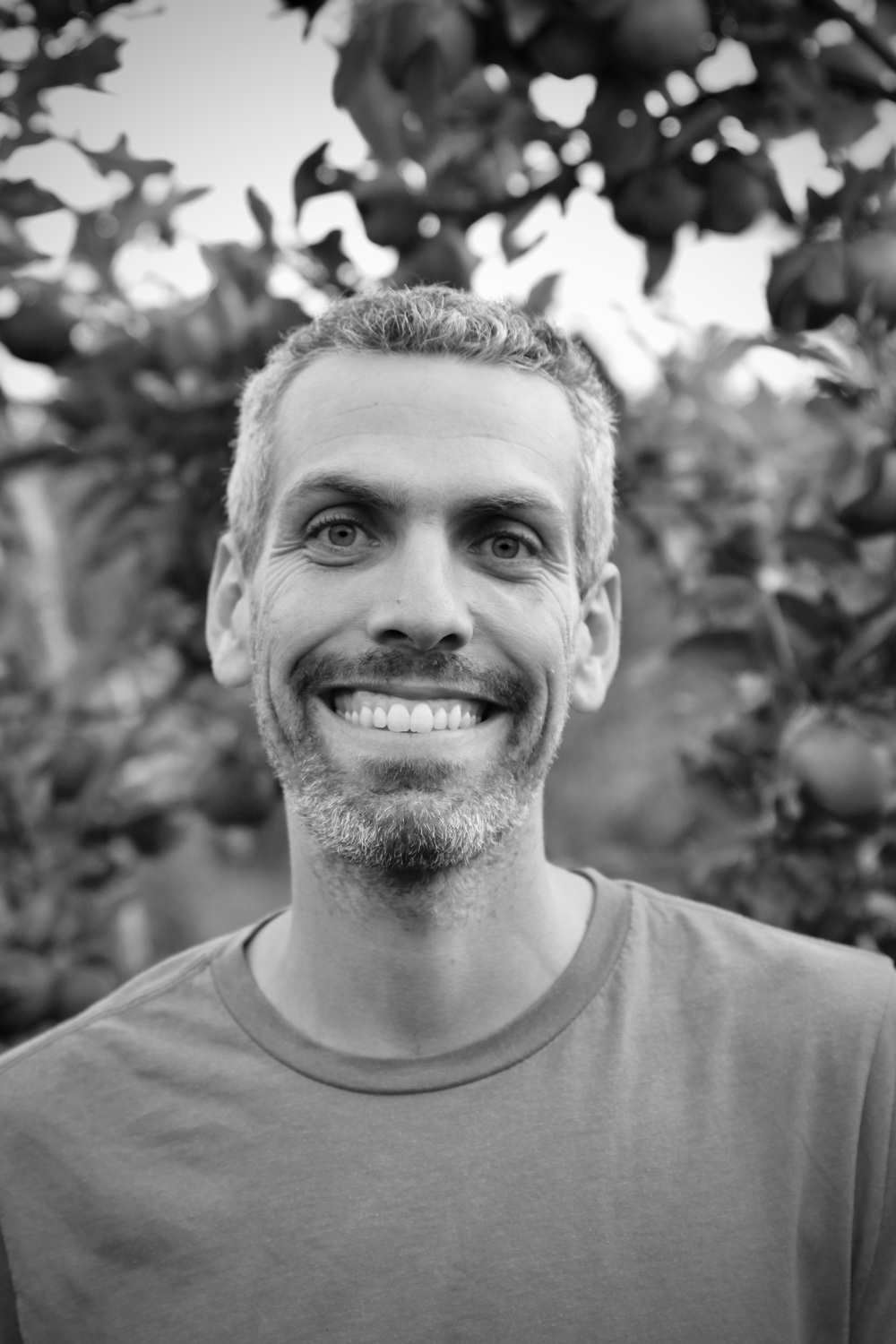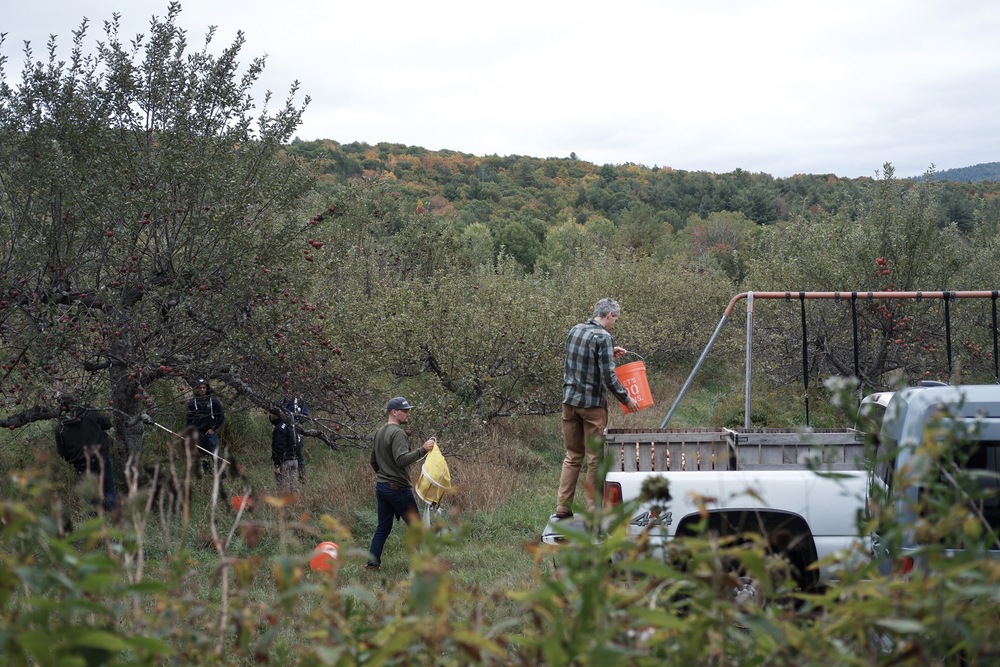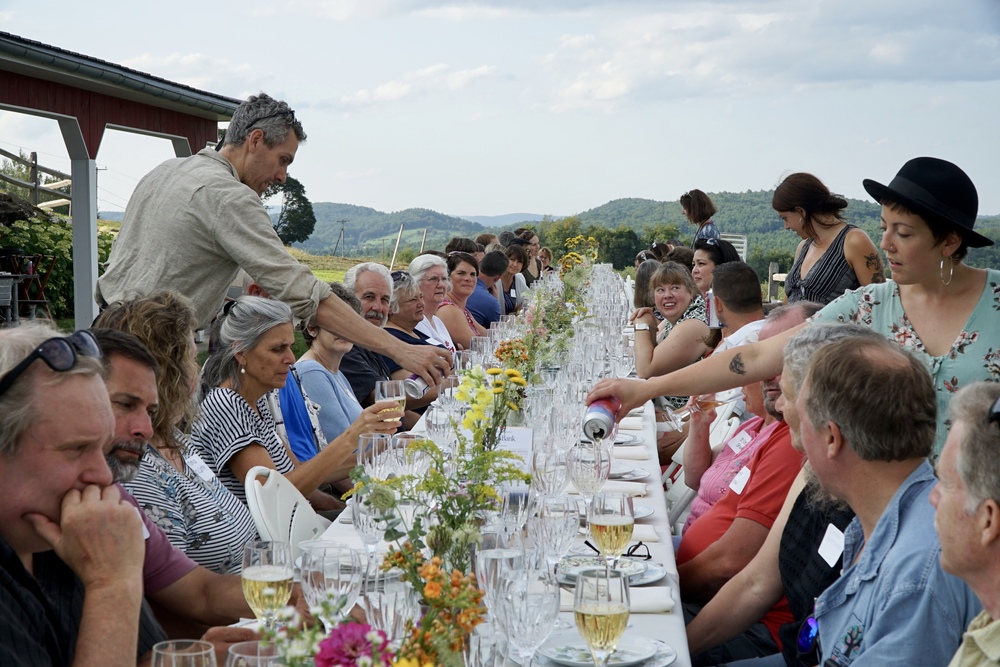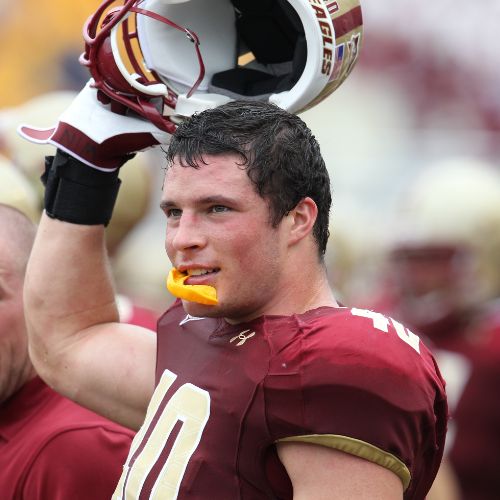Originally published in the inaugural edition of Carroll Capital, the print publication of the Carroll School of Management at Boston College. Read the full issue here.
Around the time his colleagues started thinking about getting MBAs, Jake Mazar ’08 was daydreaming about learning how to farm. While it might have seemed like an outlandish idea for a former finance and economics double major, his desire to connect with the world around him led the way out of the office and into cofounding two companies, Artifact Cider Project and Wheelhouse Farm.
Growing up in central Massachusetts, Mazar recalls spending plenty of time outside. He also remembers how his whole family would gather over home-cooked meals, often featuring ingredients from their garden. From an early age, he learned to appreciate the earth and the things that came from it.

Jake Mazar '08
He was drawn to Boston College particularly because of its values of service to others, but he initially had trouble connecting his classwork to the real world. “It was hard to see how I get from a classroom to how I might use these skills in my future career,” he says. Mazar felt largely unmoored by his college experience until his semester abroad in Cape Town, South Africa. Completely out of his comfort zone, Mazar felt so alive. “I like feeling like I’m growing,” he says. “Cape Town felt like a big, invigorating change for me.”
A few years after graduation, he found himself back in Africa, consulting for the nonprofit TechnoServe, which promotes business solutions to poverty. Mazar had already been working in management consulting, but he craved something more mission-oriented. Working on a soybean farming study, Mazar’s days were rarely predictable—a reality he relished. Instead of sitting in a cubicle, some days he was on a motorbike, tracking down farmers to ask them questions. Not only was the work exciting, but he felt connected to his environment in a visceral way.
When Mazar returned to Boston in the spring of 2011 and joined clean technology company EnerNOC as a marketing specialist, he hoped to maintain that feeling of connection. While he aligned with EnerNOC’s environmental work, his traditional corporate role wasn’t clicking. “I looked at my boss’s job and my boss’s boss’s job,” he says. “It terrified me, the routine of it.” He needed to make a big change—not just a different role, but something completely new.

His younger sister ultimately convinced him to give farming a try. “It was so hard to step off that well-worn path,” he says. “In hindsight, it was also one of the best decisions I ever made.”
Mazar began his farming education with apprenticeships, including at Brookfield Farm in Amherst, where he worked in exchange for housing, food, and a stipend. “Farms need labor and they have knowledge to share,” he says. “It was hard work, but I found it very satisfying.”
“ I looked at my boss’s job and my boss’s boss’s job. It terrified me, the routine of it. ”
During this time, the ideas for his next ventures were already starting to bloom. Hard cider producer Artifact Cider Project and farm-to-table catering company Wheelhouse, both cofounded by Mazar with friends, began as side projects while he was still an apprentice. “Farming is all about connecting to people and trying to make small changes within a community,” he says. “That hopefully has ripple effects for how we engage with the planet.”

Over nearly a decade, the businesses have changed scope many times. Mazar is no longer out in the field—his companies source more than 90 percent of their agricultural products from local farmers—but he’s no less hands-on. “Sales, legal, accounting,” he says, “I make sure the businesses are healthy and growing by trying to make smart strategic decisions.” Mazar says he draws especially on the softer skills he started defining in college. “As an entrepreneur, so much time is just managing and communicating. Those are lifelong skills.”
His advice for management students? Embrace the possibilities of the path ahead. “There’s no right or wrong way—I think the only wrong way is if you’re stuck doing something that doesn’t feel aligned with who you want to be,” Mazar says, smiling widely. “I wasn’t the kind of person that wears slacks and loafers, you know. I like to be wild and free.”





